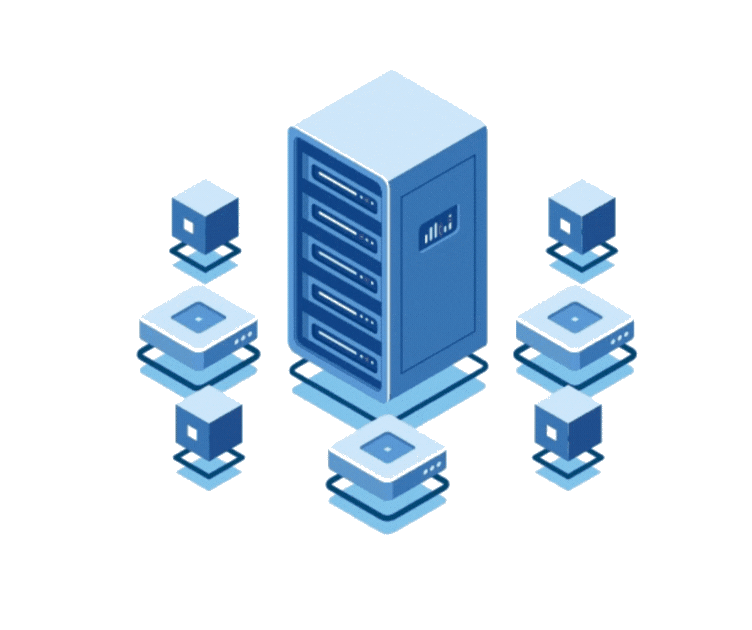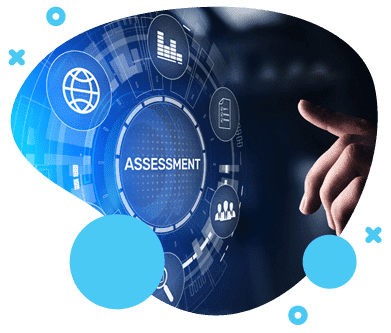Empower Your Business with Aphidas: Your Salesforce Success Partner!
Contact us today to discuss your Salesforce development and customization needs and let us take your business to new heights with our tailored solutions.




User adoption training for a Salesforce Systems Administrator involves comprehensive instruction on various aspects of Salesforce setup and management.

Start with an overview of Salesforce, its importance within the organization, and the role of a Systems Administrator in managing it effectively.

User Setup: Explain how to create and manage user accounts, including setting permissions and login details.
Roles and Hierarchies: Teach how to define roles and hierarchies to control data access and visibility.
Profiles: Discuss the creation and customization of profiles to manage user permissions.

Workflow Rules: Demonstrate how to create and manage workflow rules to automate processes.
Approval Processes: Explain the design and implementation of approval processes for record review and approval workflows.

Data Security: Cover data security mechanisms like sharing rules, record types, and field-level security.
Login Policies: Explain security policies such as password policies and IP restrictions.

Email Templates: Show how to create email templates to streamline communication within Salesforce.
Merge Fields: Explain how to use merge fields for personalized email content

Custom Fields: Train on creating and managing custom fields to capture specific data.
Page Layouts: Teach how to customize page layouts to display relevant information.
Data Import: Explain the process of importing and updating data using Data Import Wizard or Data Loader.

Reports: Guide through report creation, including different report types (tabular, summary, matrix).
Dashboards: Demonstrate how to build dashboards to visualize and monitor key metrics.
End user training for lead management, account and contact management, opportunity management, and reports and dashboards in Salesforce is essential to ensure that your team can effectively use these features.
Contact us today to discuss your Salesforce development and customization needs and let us take your business to new heights with our tailored solutions.

Aphidas Solutions
Office 404, 4th floor Warba Center, Abu Baker Al Siddique, Dubai, United Arab Emirates



Aphidas Solutions
Office 404, 4th floor Warba Center, Abu Baker Al Siddique, Dubai, United Arab Emirates